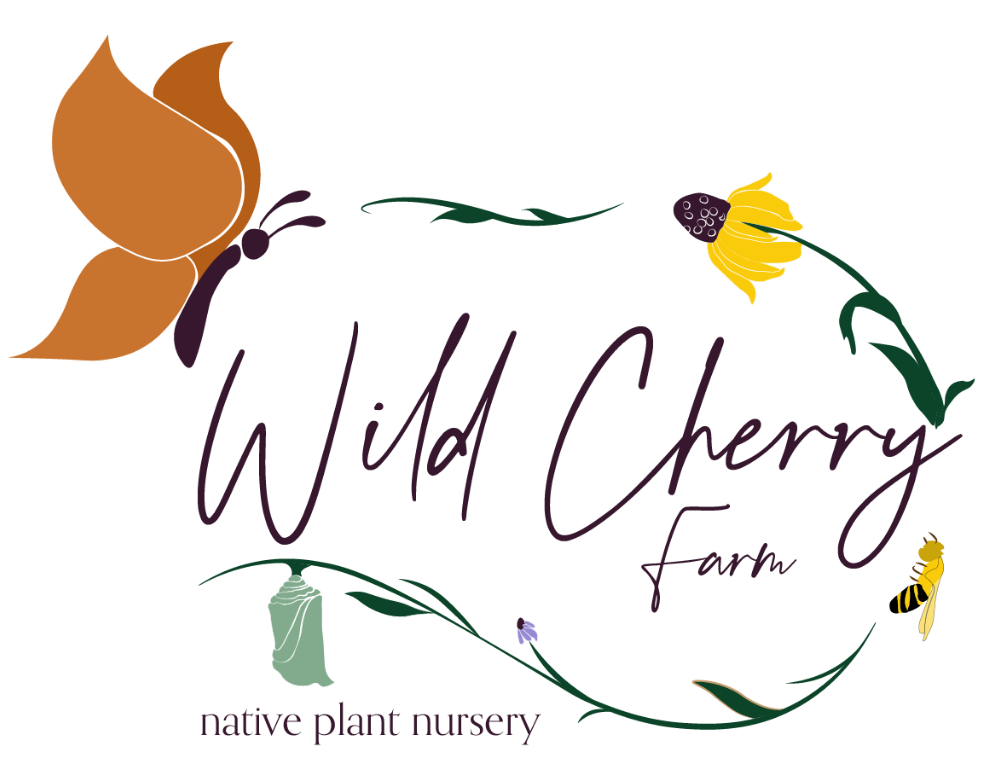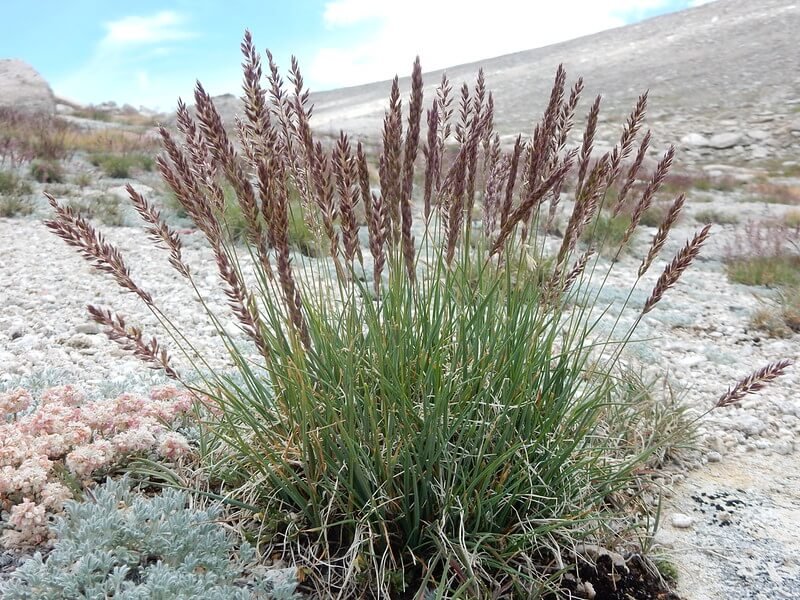Common Persimmon (Diospyros virginiana)
This is Native to the surrounding states, but not necessarily to Michigan. The flowers are cross-pollinated by long-tongued bees seeking nectar and pollen, but it also attracts many other native bees (Illinoiswildflowers.info). This tree attracts many animals and birds that consume primarily the fruit of this tree and play an important role in distributing its seeds to new locations. (Illinoiswildflowers.info).
Note: Persimmons are dioecious, meaning there are separate male and female trees, and you need both in order to get fruit. These trees are unsexed.
This is Native to the surrounding states, but not necessarily to Michigan. The flowers are cross-pollinated by long-tongued bees seeking nectar and pollen, but it also attracts many other native bees (Illinoiswildflowers.info). This tree attracts many animals and birds that consume primarily the fruit of this tree and play an important role in distributing its seeds to new locations. (Illinoiswildflowers.info).
Note: Persimmons are dioecious, meaning there are separate male and female trees, and you need both in order to get fruit. These trees are unsexed.
This is Native to the surrounding states, but not necessarily to Michigan. The flowers are cross-pollinated by long-tongued bees seeking nectar and pollen, but it also attracts many other native bees (Illinoiswildflowers.info). This tree attracts many animals and birds that consume primarily the fruit of this tree and play an important role in distributing its seeds to new locations. (Illinoiswildflowers.info).
Note: Persimmons are dioecious, meaning there are separate male and female trees, and you need both in order to get fruit. These trees are unsexed.
Life Cycle: Perennial
Sun Exposure: Full, Partial
Soil Moisture: Medium, Medium-dry
Height: 30-70 feet
Plant Spacing: 20-35 feet
Bloom Time: April-June
Advantages: Bird Favorite, Great landscaping plant
Host Plant: Approximately 16 species of butterflies and moths use this as a caterpillar host plant in our area (Illinoiswildflowers.info)






